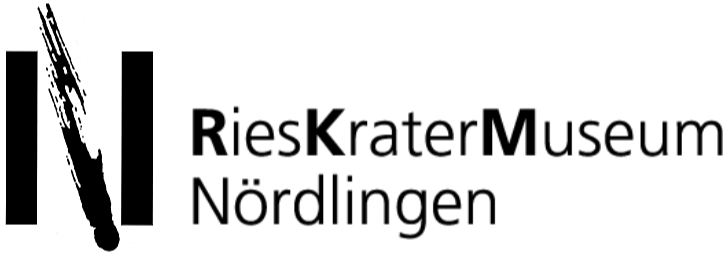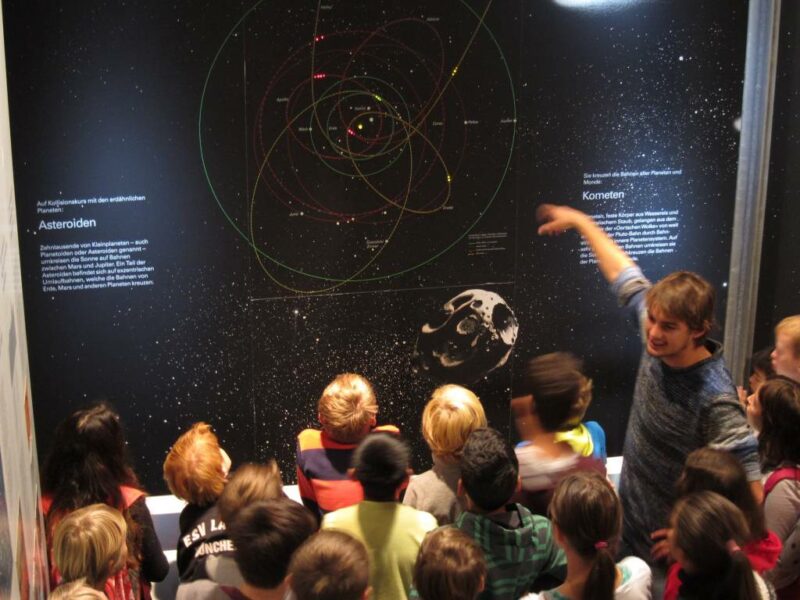Guided tours in the RiesCraterMuseum Nördlingen
Guided tours are only possible during our normal opening hours: Information on opening hours and prices
Buchungsanfrage
Asteroid Crater Nördlinger Ries
The Nördlinger Ries is a unique natural area that has been shaped by the impact of an asteroid 15 million years ago.
Geology and natural environment
National Geopark Ries
The Nördlinger Ries and its surroundings have been certified as a National Geopark since 2006 and were included in the global network of UNESCO Geoparks in April 2022. The Geopark website offers lots of information on geology, nature trails and hikes, as well as on the culture and history of the region.
Geotopes
Geological features and in the Ries are signposted in many places with explanations of the impact and formation of the rocks. In addition to the geotopes of the Geopark Ries, there are other geotopes of the Bavarian State Office for the Environment (LfU). Its website provides extensive information on the geotopes, crater formation and research in the Nördlinger Ries.
Steinheim Basin
The Steinheim Basin is another meteorite crater and is located around 40 km southwest of the Ries Crater. Extensive information on the crater, which is almost 4 km in diameter, is also available at the Meteor Crater Museum in the Steinheim Basin.
Geopark Schwäbische Alb
To the west of the Ries is the Unesco Geopark Swabian Alb, where there are also many geological and scenic highlights to discover.
Asteroid Crater
The giant crater was formed 15 million years ago by the impact of an asteroid. But what exactly are asteroids, how do they differ from comets and where do meteorites actually come from? Answers to these and other questions on the subject can be found in our museum. In addition, the following pages also offer exciting information on the subject of asteroids, meteorites and impact craters.
- The pages of NASA, ESA and DLR contain a wide range of information on topics such as space travel, current missions and asteroids.
- The Natural History Museum Vienna also offers some exciting digital information on the subject of meteorites.
- The Vigie-Cratère project invites you to take part in current research into meteorite and asteroid craters:
Around two hundred impact craters on Earth are currently known, but there are probably still some to be discovered. In particular, many craters with smaller diameters of one to six kilometers are probably still undiscovered. Through the project, you can help to search satellite data for circular crater structures – and perhaps discover a new meteorite crater yourself.
Special Exhibition
Current: “Rocky Roads to Life”
For billions of years, the world of rocks and the world of life have been closely linked through the action of water. As a result, the mineral diversity of the earth and biological development are connected.
The new special exhibition “Rocky Roads to Life” focuses on the close relationship between rock and life. The exhibits open up various paths that lead to the origins, relationships and characteristics of the living world. These paths lead to three questions that run through the exhibition as a common thread: What role do rocks play in the origin of life? What interrelationships exist between rocks and life? And what is actually different about a living being compared to a rock?Three paths lead through this exhibition:
- from rocks to life
- from life to rocks
- about the difference between the two
The aim of the exhibition is to show unusual paths to a deeper understanding of life in dialog with the rocks and to raise awareness of the fact that the geosphere and biosphere have been closely linked and connected by constant change since the beginning of life.
Download:
To the video on instagram
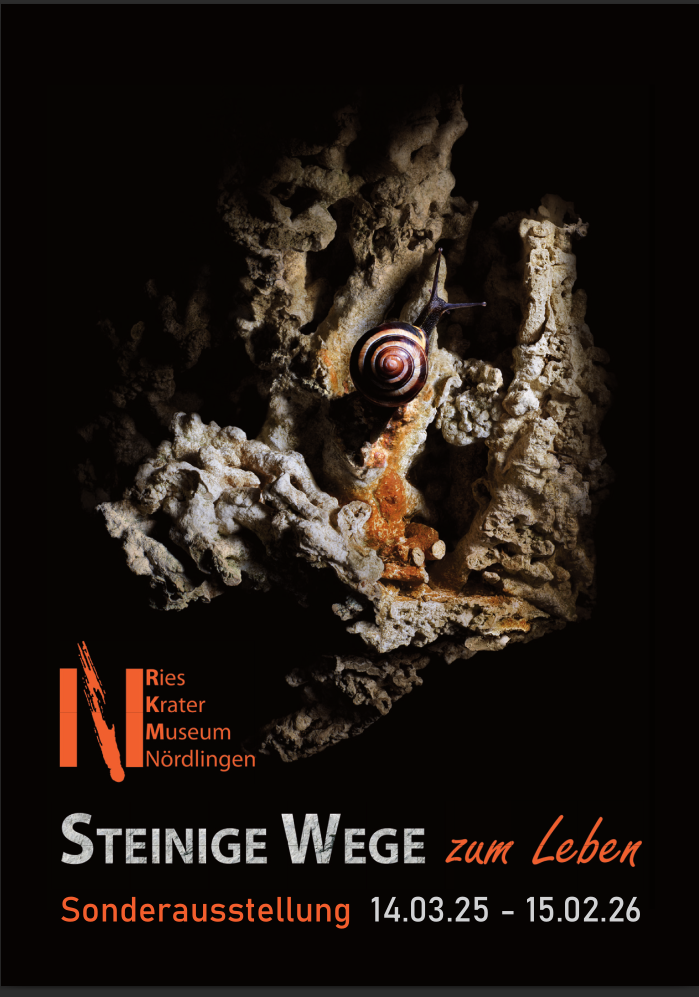
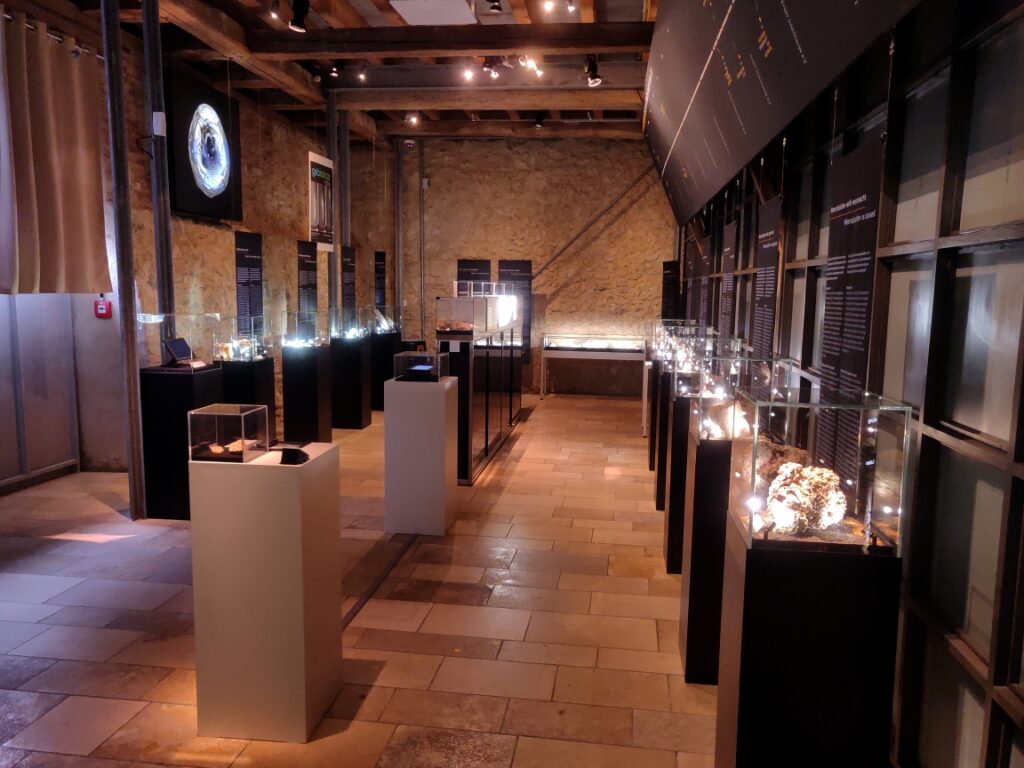
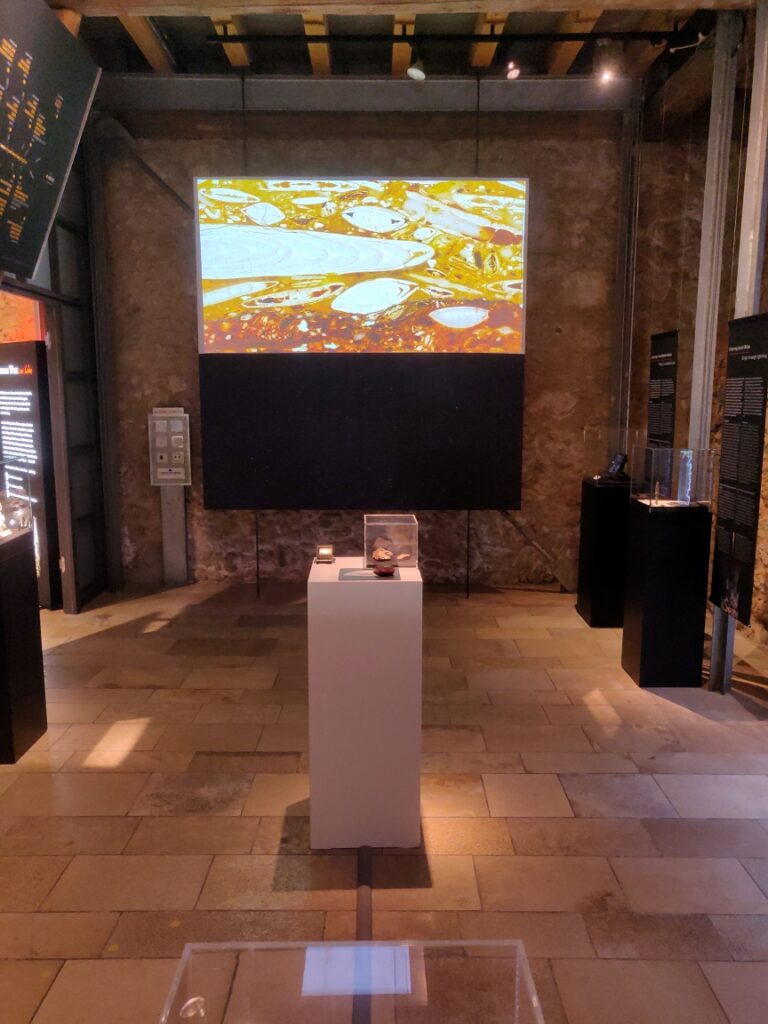
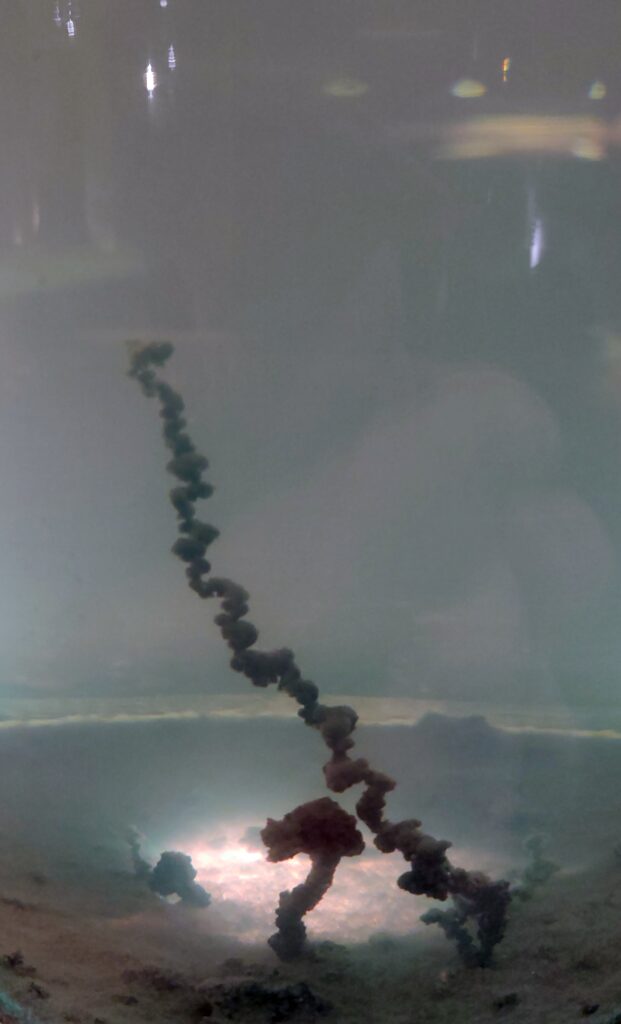
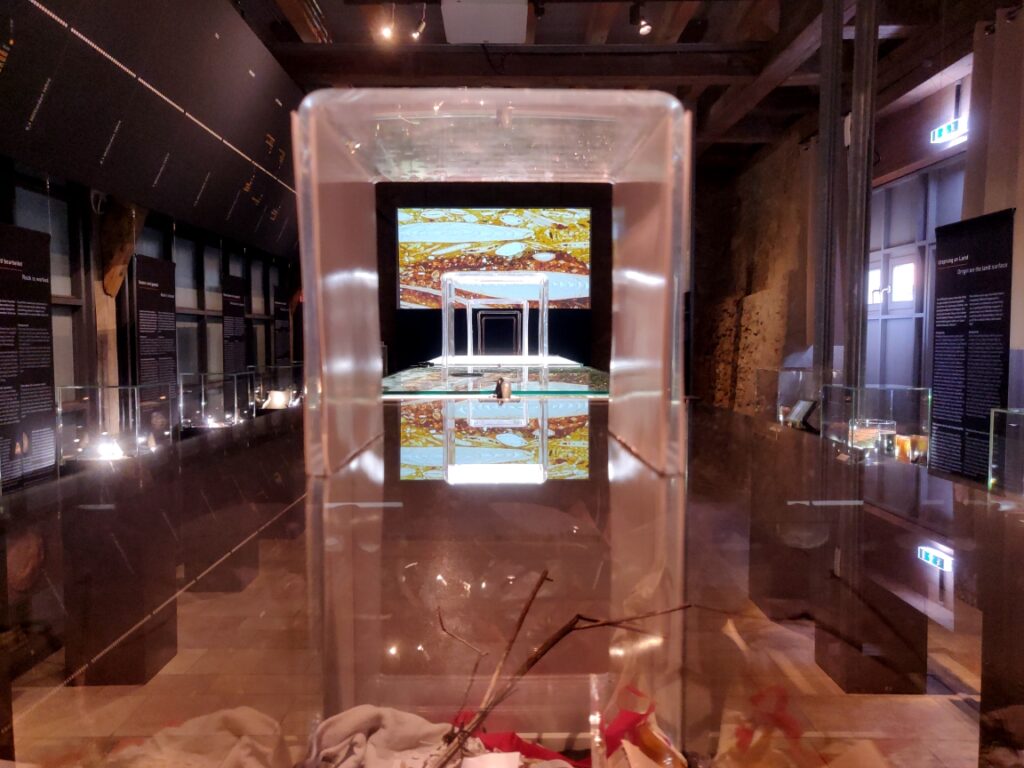
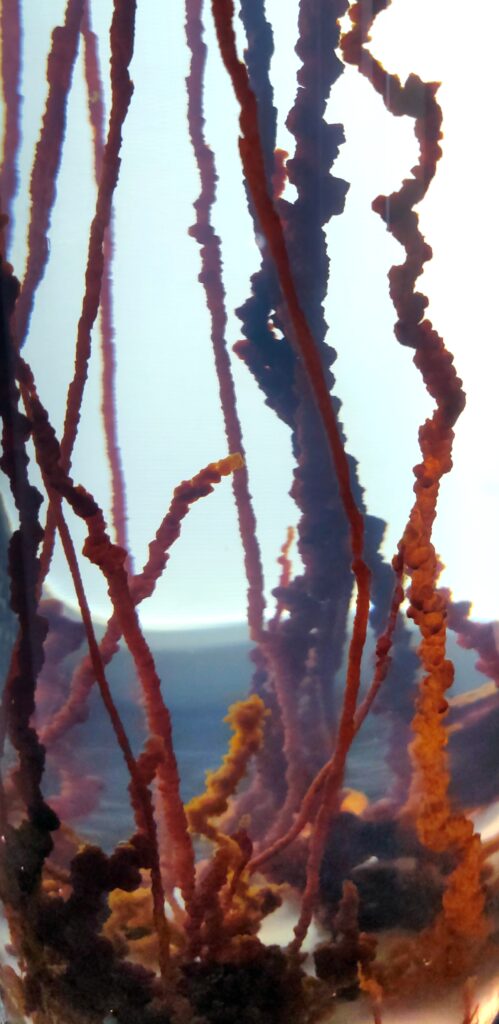
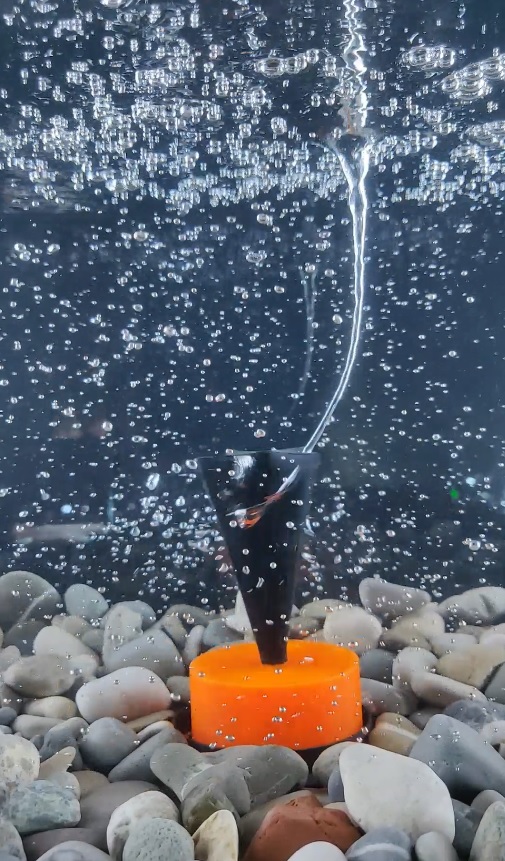
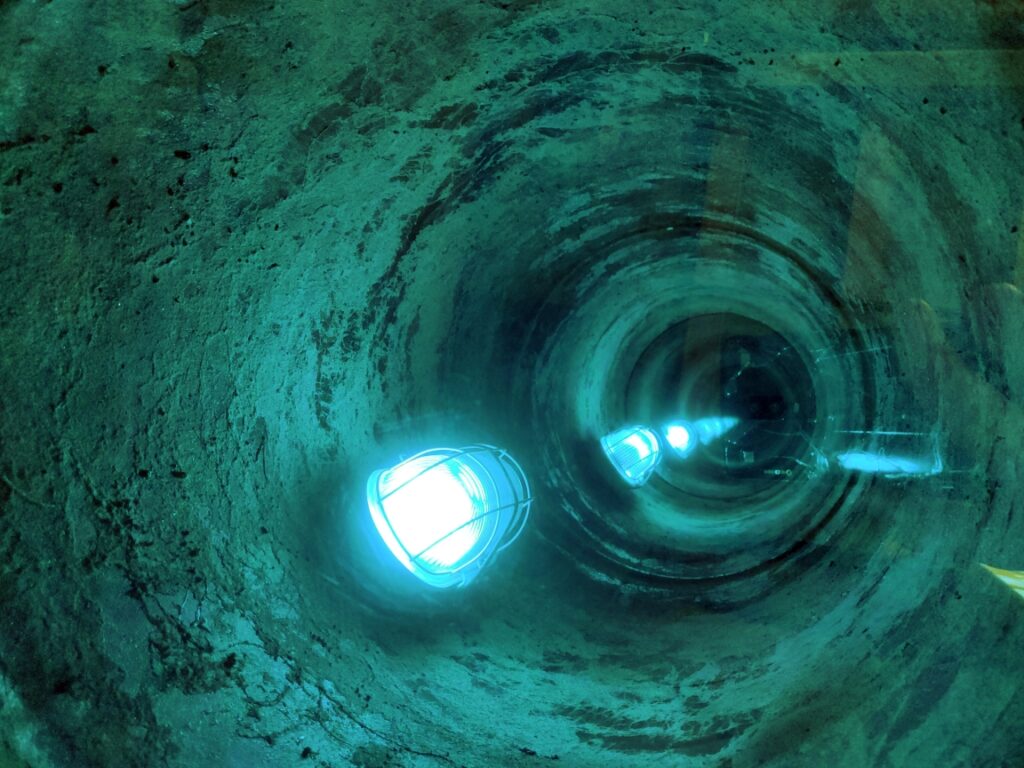
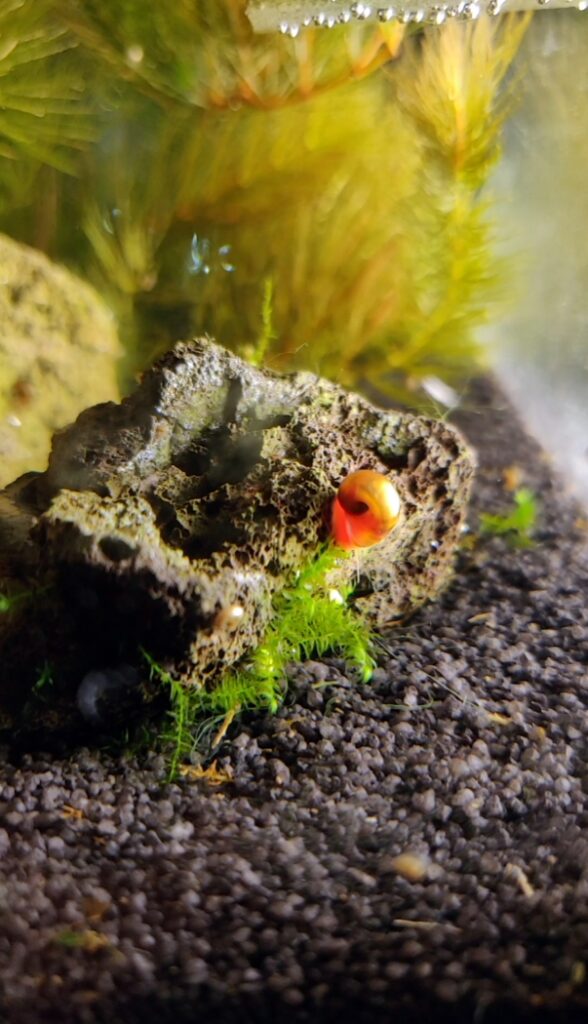
Blogs on the current special exhibition
ZERIN
Center for Ries Crater and Impact Researh Nördlingen
The city of Nördlingen has been operating the Center for Ries Crater and Impact Research Nördlingen (ZERIN) not far from the Ries Crater Museum since 1998. As a research, education and documentation center, it supports the work of the Ries Crater Museum and houses, among other things, an extensive collection of drill cores from the Ries and a laboratory for radiogenic isotopes.
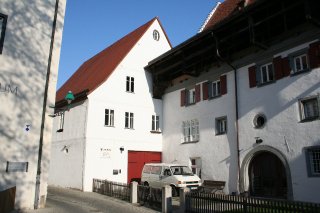
ZERIN
Vordere Gerbergasse 3,
86720 Nördlingen
Tel. (09081) 84750 / 84710
zerin@noerdlingen.de / s.h@lmu.de
Impressions
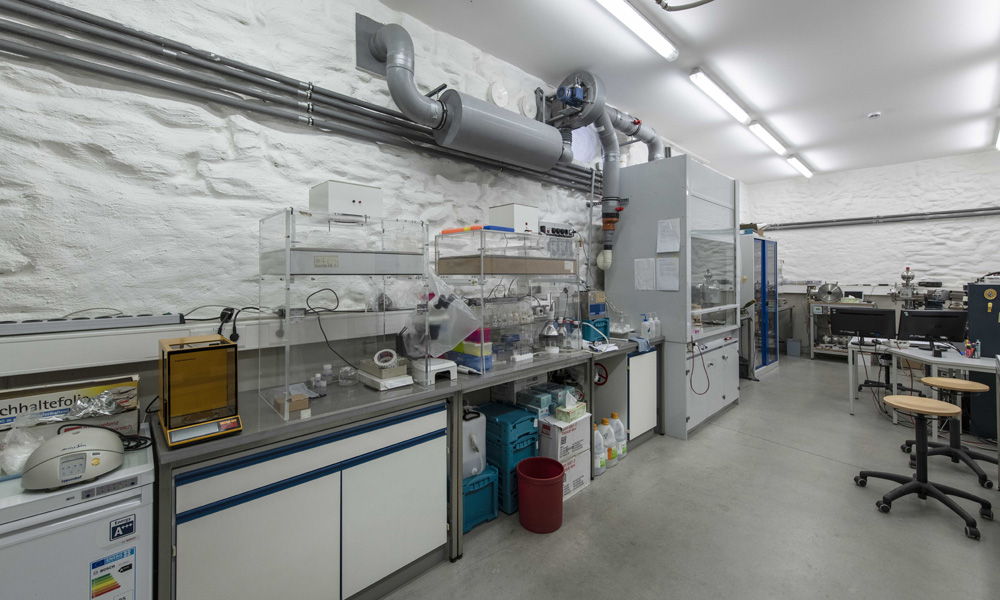
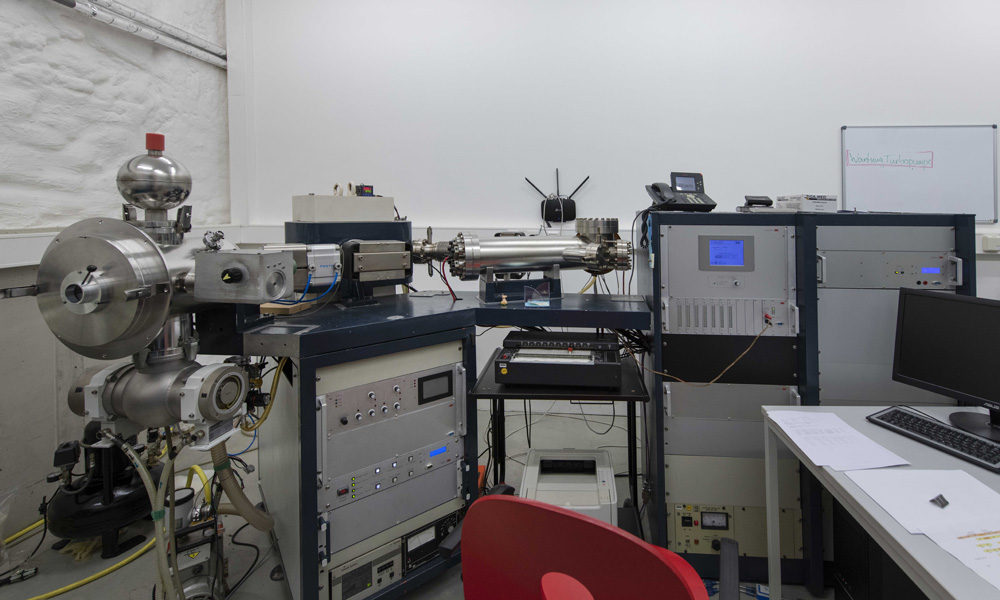
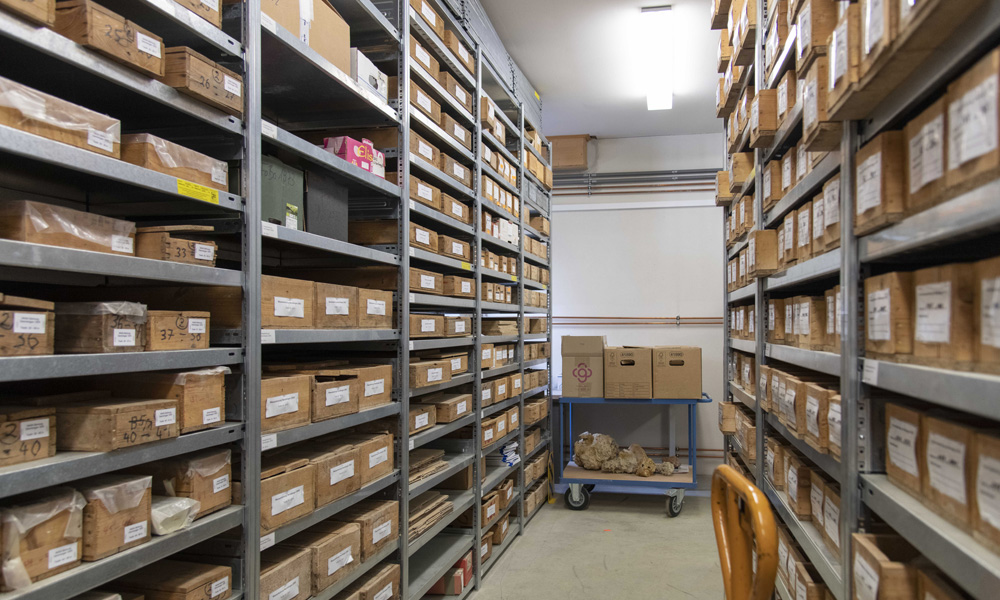
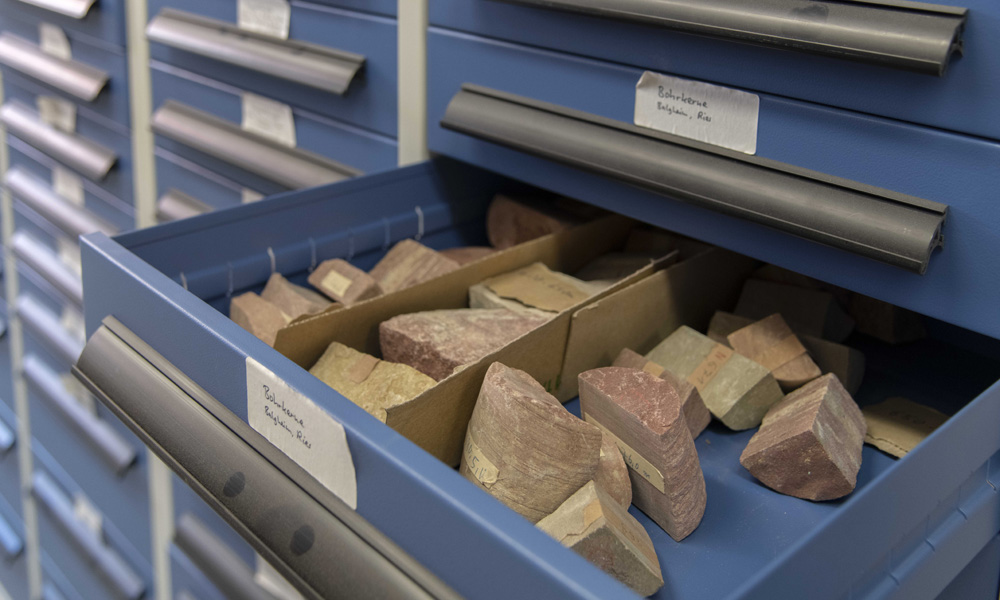
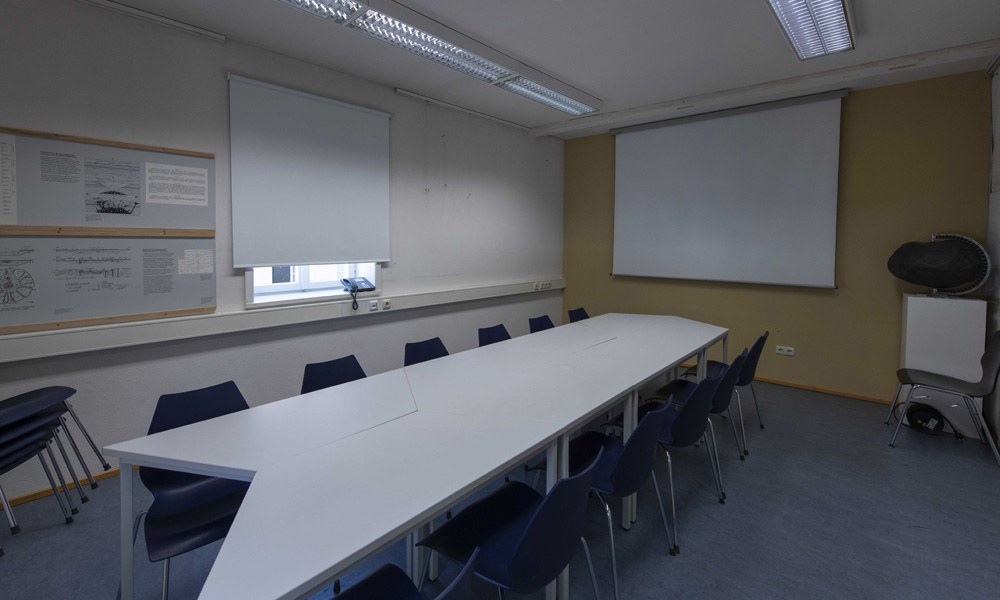
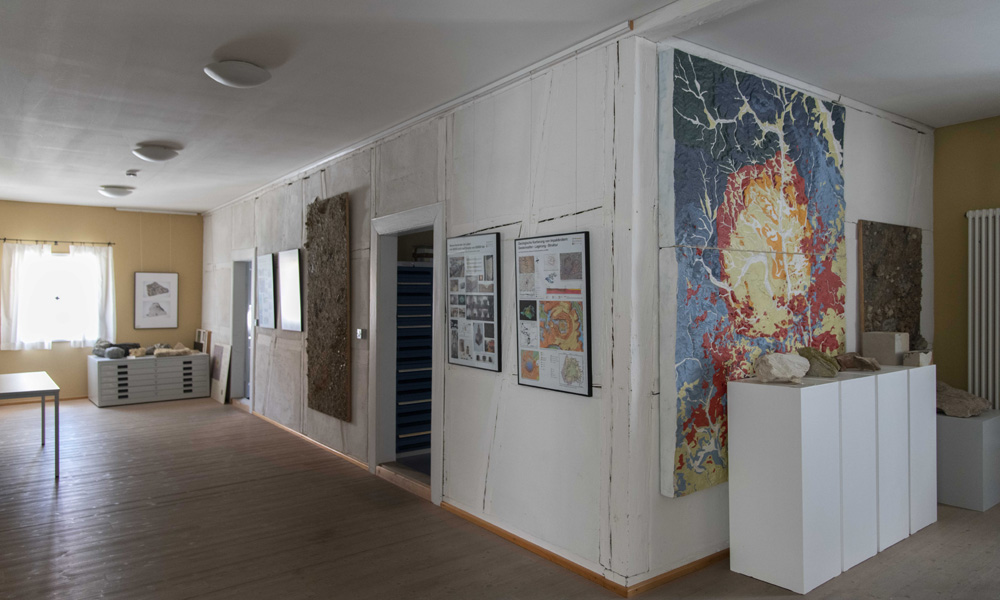
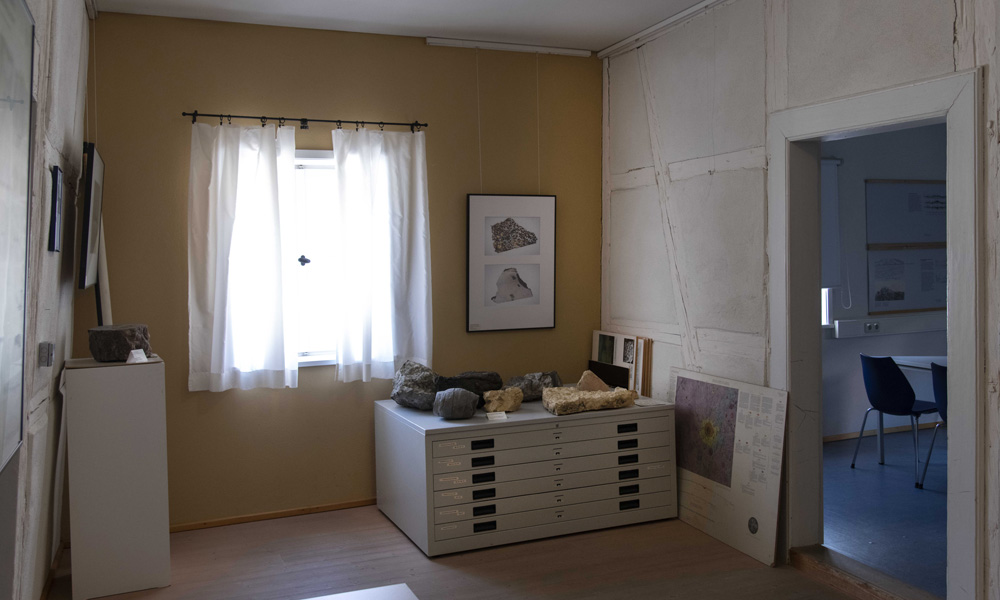
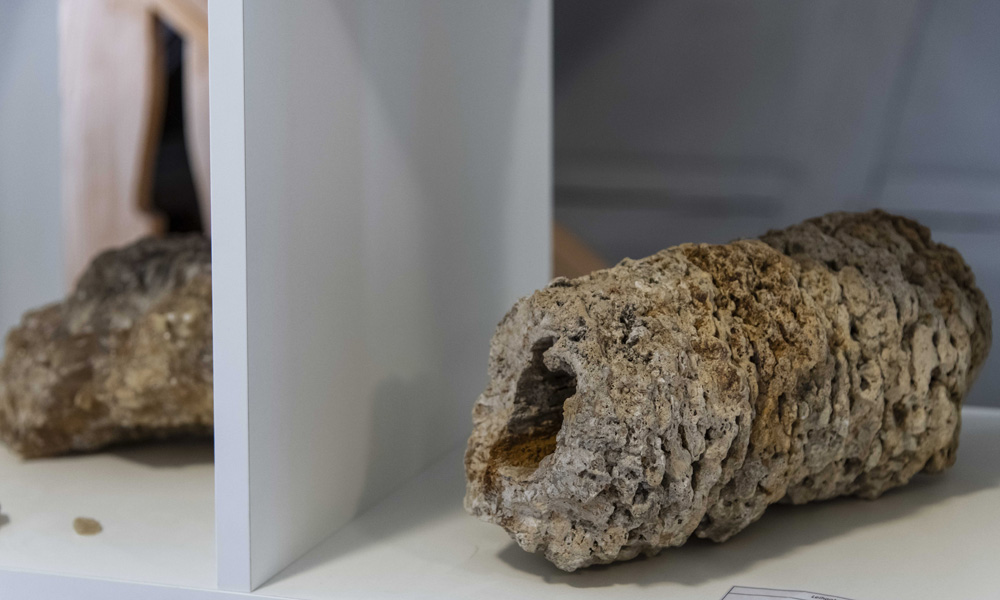
Guided tours and programs
Guided tours
Guided tours can be booked on request. Simply fill in the booking form with all the necessary details. You will receive a confirmation after submitting the form.
Due to our limited staff for guided tours, we cannot always guarantee that a guided tour will be possible on your desired date (especially for last-minute requests and in the period from June to September). However, we will do our best to make a guided tour possible for all interested parties.
The fees for guided tours can be found in the visitor information.
Please note that we can only offer very limited guided tours during August due to the vacation period and low staffing levels.
Museum rallye
The museum rally is a project of the Chair of Didactics of Geography at the University of Augsburg (Martin Müller) to promote high-quality learning processes in the RiesKraterMuseum by means of didactically prepared materials.
Objectives:
- A holistic view of the diverse contextual relationships of the earth-human system: the Giant event as the starting point for complex systemic processes that still have an impact today: Agriculture as an adaptation to natural conditions, utilization of the rocks, tourism, etc.
- Expanded concept of learning: methodical-strategic, social and personal learning.
- Constructivist learning: self-direction at selected points, consideration of subjectivity, activation of students, action orientation.
- All in all: Awakening and promoting interest in geoscientific content.
Target group:
Grades 5 to 7 of all school types.
Subjects:
Geography/ geography, chemistry, physics, nature and technology. All subjects related to geosciences.
Documentation (only in German):
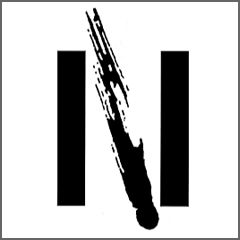
Materialien für eine ca. zweieinhalbstündige Museumsrallye mit Expertenrunde

Überblick über den Ablauf der Museumsrallye inklusive Material

Umfangreiche sachliche und didaktisch-methodische Hintergründe für Lehrkräfte zur Museumsrallye, inklusive Lösungen und Vorbereitungsstunde
Arrival & Contact
Location
RiesCraterMuseum Nördlingen
Eugene-Shoemaker-Platz 1
86720 Nördlingen
Arrival by car
Nearest free parking for cars and buses: parking lot “Am Schlössle” (formerly Kaiserwiese).
From there walk to the museum (approx. 10 min): through the Baldinger Tor, turn left at the first crossing, after approx. 50 m turn left again, past the city museum to the right. The museum is located in the so-called Holzhof-Stadel.
Arrival by train
Nördlingen is on the Deutsche Bahn AG route 995 and can be reached from Munich (via Augsburg), Stuttgart and Nuremberg in less than two hours (usually with a change of trains). From the station, it is a 15-minute walk through the historic old town to the museum.
Contact
RiesCraterMuseum Nördlingen
Eugene-Shoemaker-Platz 1
86720 Nördlingen
Phone.: (09081) 84710
Fax: (09081) 84720
E-Mail: rieskratermuseum@noerdlingen.de
